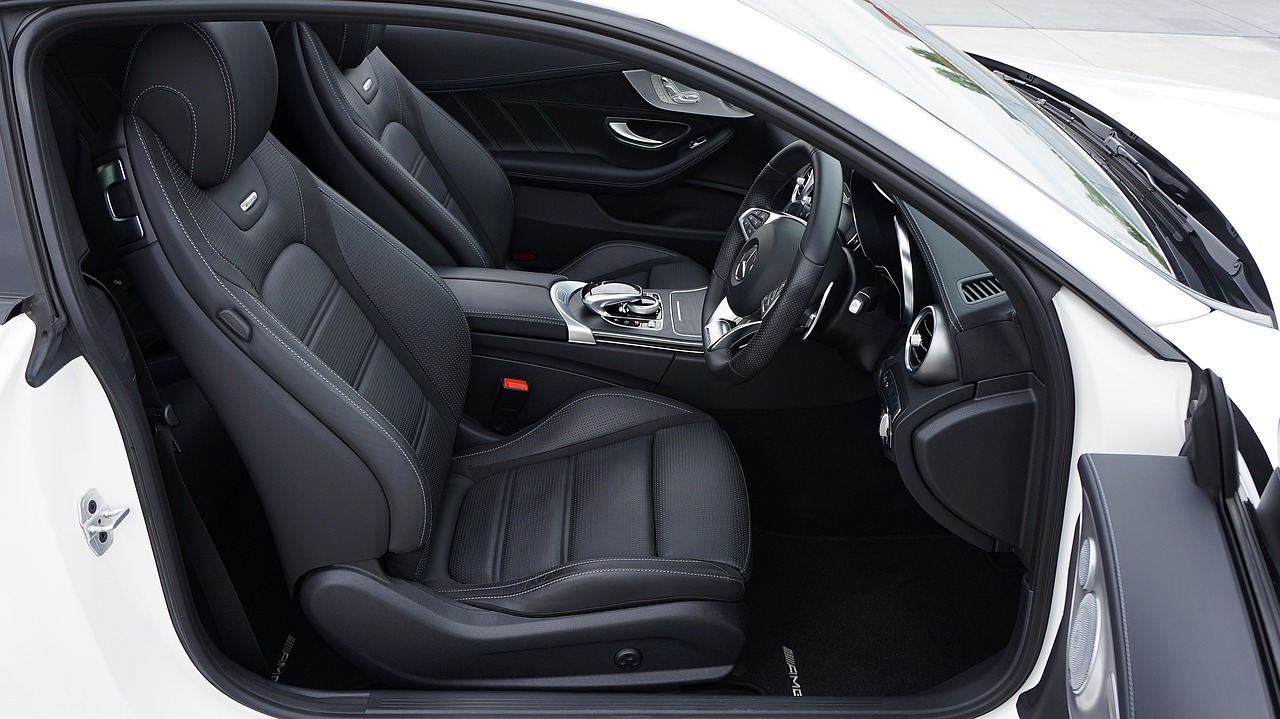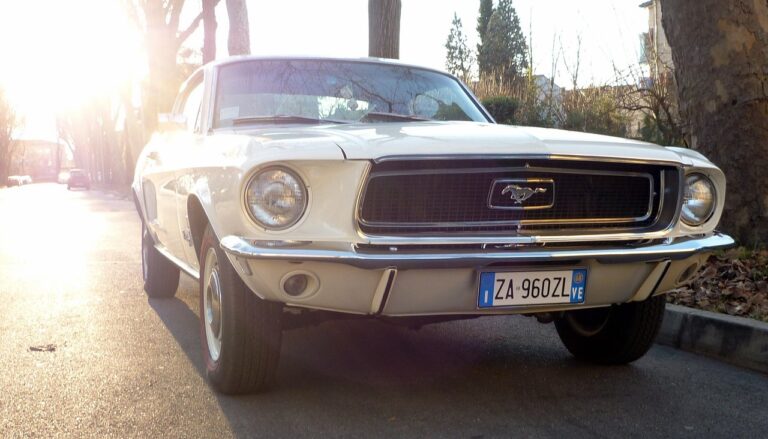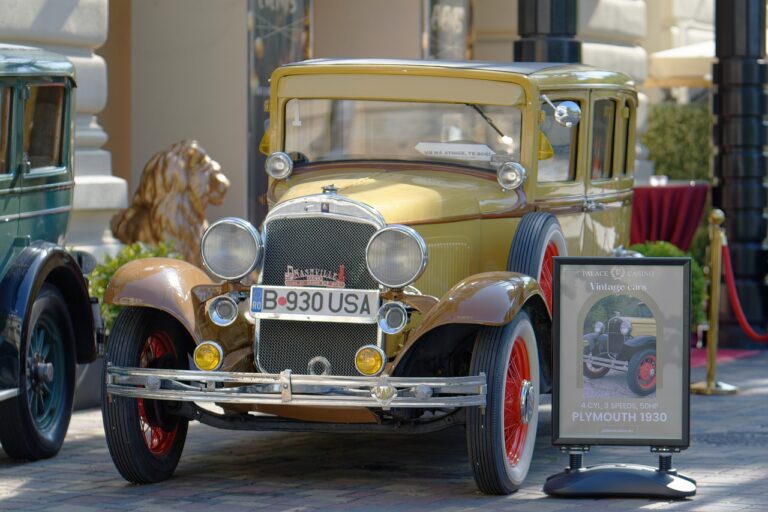The Evolution of Suspension System Twin-tube and Mono-tube Shock Absorber Technology
world777, 11xplay pro, betbook247 app login:The Evolution of Suspension System Twin-tube and Mono-tube Shock Absorber Technology
When it comes to ensuring a smooth and comfortable ride in your vehicle, the suspension system plays a crucial role. One of the key components of the suspension system is the shock absorber, which helps to dampen the impact of bumps and vibrations from the road. Over the years, shock absorber technology has evolved significantly, with twin-tube and mono-tube shock absorbers becoming popular choices for modern vehicles.
In this blog post, we will explore the evolution of suspension system twin-tube and mono-tube shock absorber technology, highlighting the key differences between these two types of shock absorbers and their advantages and disadvantages.
The Basics of Shock Absorbers
Before we delve into the specifics of twin-tube and mono-tube shock absorber technology, let’s take a moment to understand the basics of how shock absorbers work. Shock absorbers are designed to absorb and dampen the impact of bumps and vibrations from the road, providing a smoother and more comfortable ride for the vehicle’s occupants.
At their core, shock absorbers consist of a piston that moves up and down within a cylinder filled with hydraulic fluid. When the vehicle hits a bump, the piston compresses the hydraulic fluid, absorbing the energy of the impact. This helps to prevent the vehicle from bouncing up and down excessively, providing a more stable and controlled ride.
Twin-Tube Shock Absorber Technology
Twin-tube shock absorbers are one of the most common types of shock absorbers found in modern vehicles. As the name suggests, twin-tube shock absorbers consist of two tubes – an inner tube where the piston moves up and down, and an outer tube that surrounds the inner tube.
One of the key advantages of twin-tube shock absorbers is their ability to provide a smooth and comfortable ride, as the two tubes help to distribute the hydraulic fluid evenly. This helps to prevent overheating and foaming of the fluid, which can degrade the performance of the shock absorber over time.
However, one of the disadvantages of twin-tube shock absorbers is their susceptibility to cavitation, which occurs when air bubbles form in the hydraulic fluid. Cavitation can lead to a loss of damping performance and reduced shock absorber efficiency. Additionally, twin-tube shock absorbers tend to have a shorter lifespan compared to mono-tube shock absorbers.
Mono-Tube Shock Absorber Technology
Mono-tube shock absorbers have gained popularity in recent years due to their superior performance and durability. Unlike twin-tube shock absorbers, mono-tube shock absorbers consist of a single tube that houses both the piston and the hydraulic fluid.
One of the key advantages of mono-tube shock absorbers is their ability to dissipate heat more efficiently, thanks to the larger surface area of the single tube design. This helps to prevent overheating and foaming of the hydraulic fluid, allowing for consistent damping performance even under high-stress conditions.
Another advantage of mono-tube shock absorbers is their resistance to cavitation, as the single tube design helps to minimize the formation of air bubbles in the fluid. This results in improved shock absorber efficiency and longevity, making mono-tube shock absorbers a popular choice for performance-oriented vehicles.
FAQs
Q: What are the main differences between twin-tube and mono-tube shock absorbers?
A: The main difference between twin-tube and mono-tube shock absorbers lies in their design. Twin-tube shock absorbers consist of two tubes – an inner tube where the piston moves up and down, and an outer tube that surrounds the inner tube. Mono-tube shock absorbers, on the other hand, have a single tube that houses both the piston and the hydraulic fluid.
Q: Which type of shock absorber is better for performance vehicles?
A: Mono-tube shock absorbers are generally considered better for performance vehicles, as they offer superior heat dissipation and resistance to cavitation compared to twin-tube shock absorbers. This results in improved damping performance and longevity, making mono-tube shock absorbers a popular choice for performance-oriented applications.
Q: Can I retrofit my vehicle with mono-tube shock absorbers if it currently has twin-tube shock absorbers?
A: While it is possible to retrofit your vehicle with mono-tube shock absorbers, it is important to consult with a professional mechanic or suspension specialist to ensure compatibility and proper installation. Retrofitting shock absorbers can have an impact on the handling and ride quality of your vehicle, so it is important to proceed with caution.
In conclusion, the evolution of suspension system twin-tube and mono-tube shock absorber technology has led to significant improvements in ride comfort, performance, and durability. Whether you opt for twin-tube or mono-tube shock absorbers will depend on your specific needs and preferences, but both types offer distinct advantages that can enhance the overall driving experience. As technology continues to advance, we can expect further innovations in shock absorber design that will continue to push the boundaries of performance and comfort on the road.







